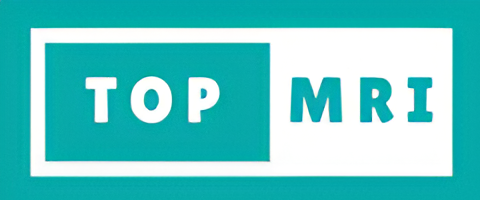
Things to Know about Breast MRI
Things to Know about Breast MRI
MRI of the breast is done to get the details of the structure within the breast in the form of visuals. It makes use of radio waves, a computer, and a powerful magnetic field. It is one of the best addition to breast screening along with ultrasound and mammography.
Ionizing radiation is not used in breast MRI and it is considered to be a good method to determine if there is any crack in the silicone breast implants.
When a person is diagnosed with cancer, then breast MRI is performed to check the extent of the disease. It can also be used as a screening tool in mammography to detect cancer. This includes women who are at high risk of cancer.

When is Breast MRI done?
When you are diagnosed with breast cancer and want to know about its extent.
When you suspect a rupture in the breast implant
When there is a family history of women having breast cancer
When you are at a high risk of cancer because of your family history or other risk factors
When before the age of 30, you had radiation treatments to the chest area
What are the risks involved in Breast MRI?
Though there is no exposure to risk in MRI but a few can be:
Positive results are false: A breast MRI may detect suspicious areas that after evaluation turn out not to be harmful. It may lead to unneeded anxiety if you get to do additional testing.
Contrast dye may react: When breast MRI is performed, then a dye is injected to get the proper images for interpretation. There is a possibility that the dye may react and can cause allergic reactions and serious complications in patients with kidney problems.
How to prepare for the MRI scan?
There are several things you need to keep in mind before you prepare for an MRI. Here are a few things that you need to keep in mind before going for MRI :
Schedule MRI during the starting days of your menstrual cycle –
When you are premenopausal, then MRI may be scheduled at a particular period of your menstrual cycle, maybe day 3 to 14. Day 1 of the cycle is the first day of your menstrual bleeding. Inform the facility about the same so that the proper date and day can be fixed to schedule the MRI.
Inform about the allergies –
You should inform the provider about any allergies that you have. Usually, in MRI, a dye is used to get clearer images. This may also have allergic reactions so it is better to inform about any pre-existing allergy.
Inform about any kidney problems –
If you have any kidney-related problems, do inform your provider about the same as MRI uses gadolinium to get clear images which may cause reactions.
Inform if you are pregnant –
MRI is not at all recommended when you are pregnant as it contains gadolinium which is very risky for the baby.
Metallic objects are not allowed during MRI –
It is recommended to leave the metallic items at home or remove them before the MRI. Items like hairpins, watches, bracelets, etc. can get damaged during MRI.
Inform about implanted medical devices –
Always inform your provider before getting MRI about any implanted medical devices like pacemakers, defibrillators, etc.
Inform if you are nursing –
You should inform the provider if you are nursing. It is recommended to stop for 2 days after MRI. Though the risk is extremely low, but if you are concerned, you can stop breastfeeding after MRI for 12-24 hours. This time gives your time to get rid of the contrast dye. You can pump and store the milk before the procedure and discard the milk during this period.
Results
After MRI is done, the images are reviewed by the radiologist, and further, the result is communicated to the patient by the team of healthcare.
Source
https://www.mayoclinic.org/tests-procedures/breast-mri/about/pac-20384809#:~:text=Magnetic%20resonance%20imaging%20(MRI)%20of,computer%2C%20to%20create%20detailed%20pictures.
https://www.radiologyinfo.org/en/info/breastmr